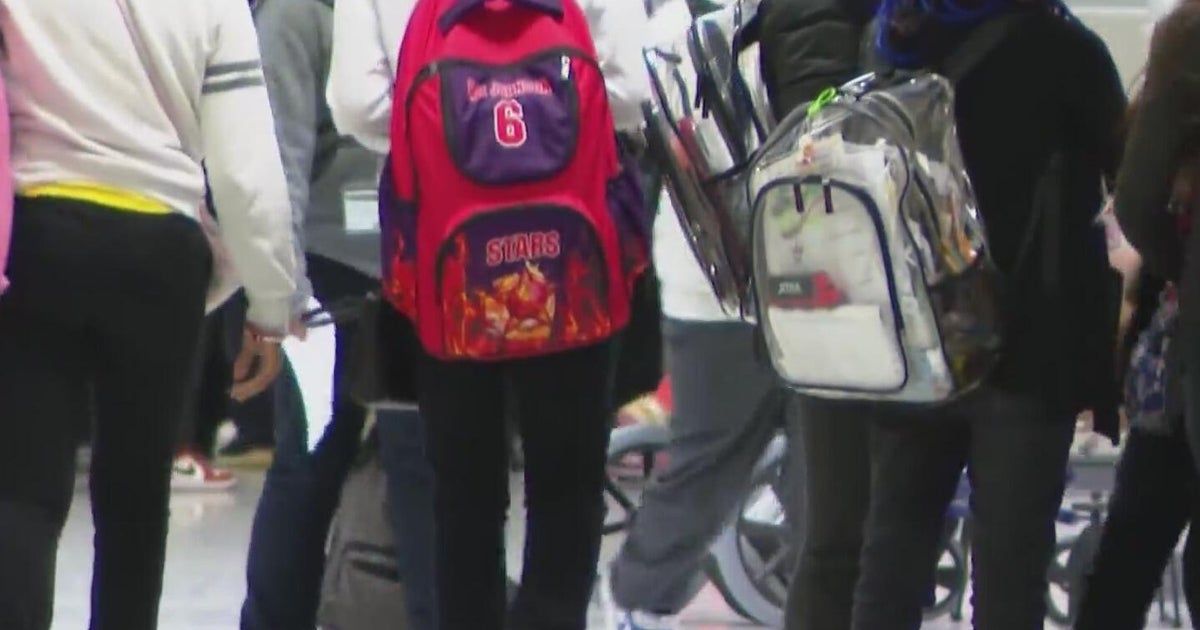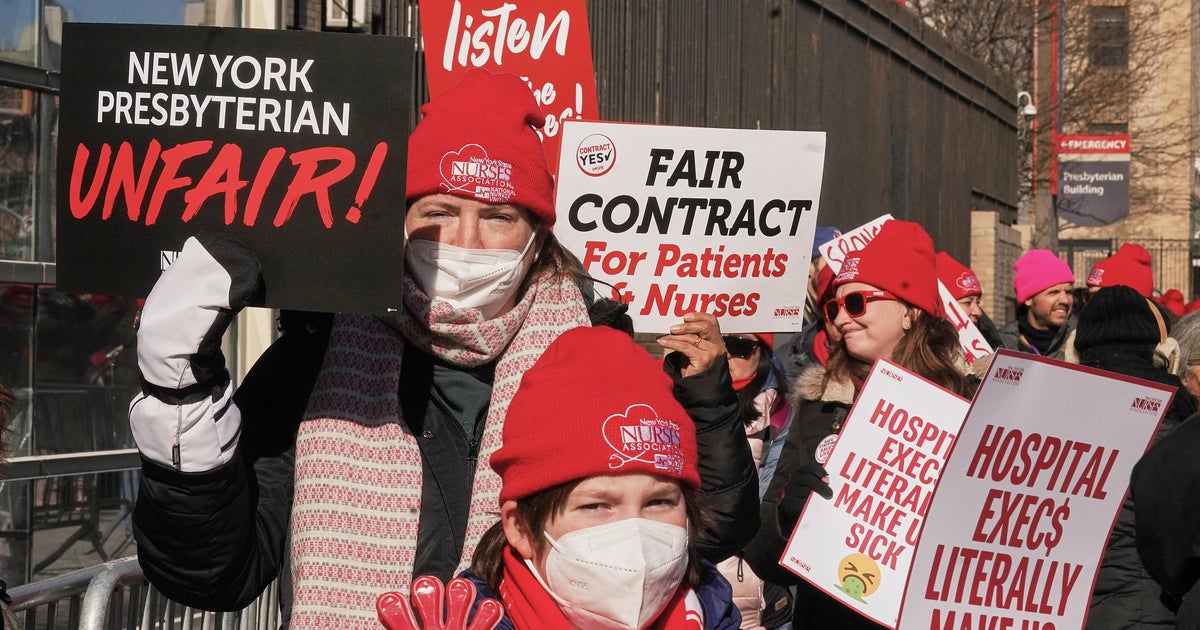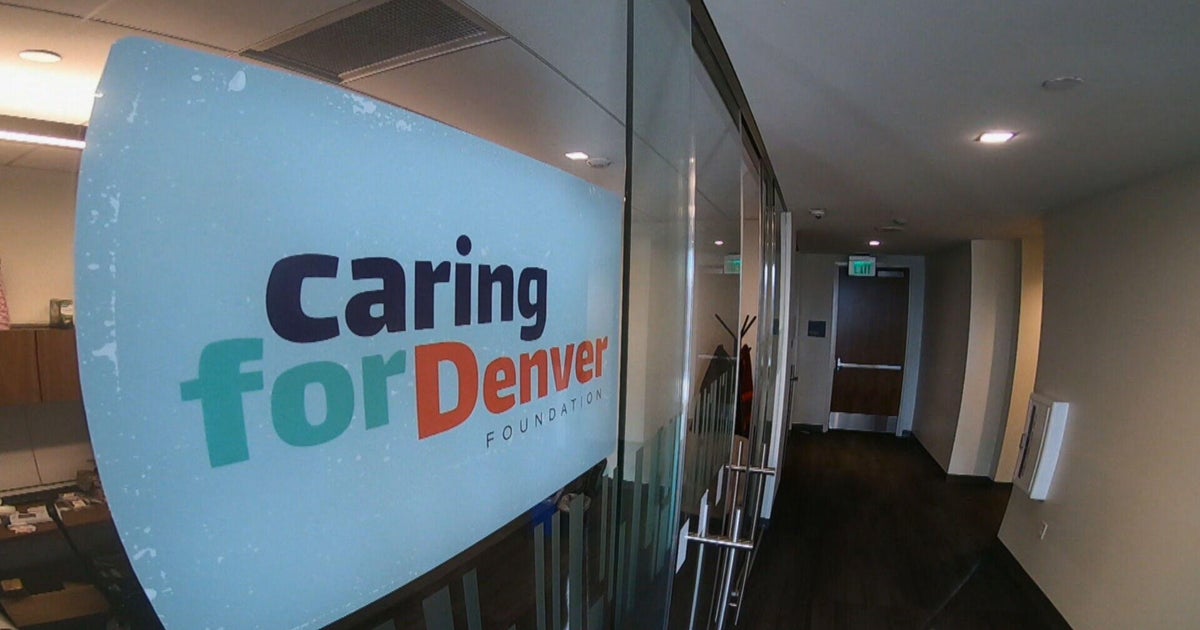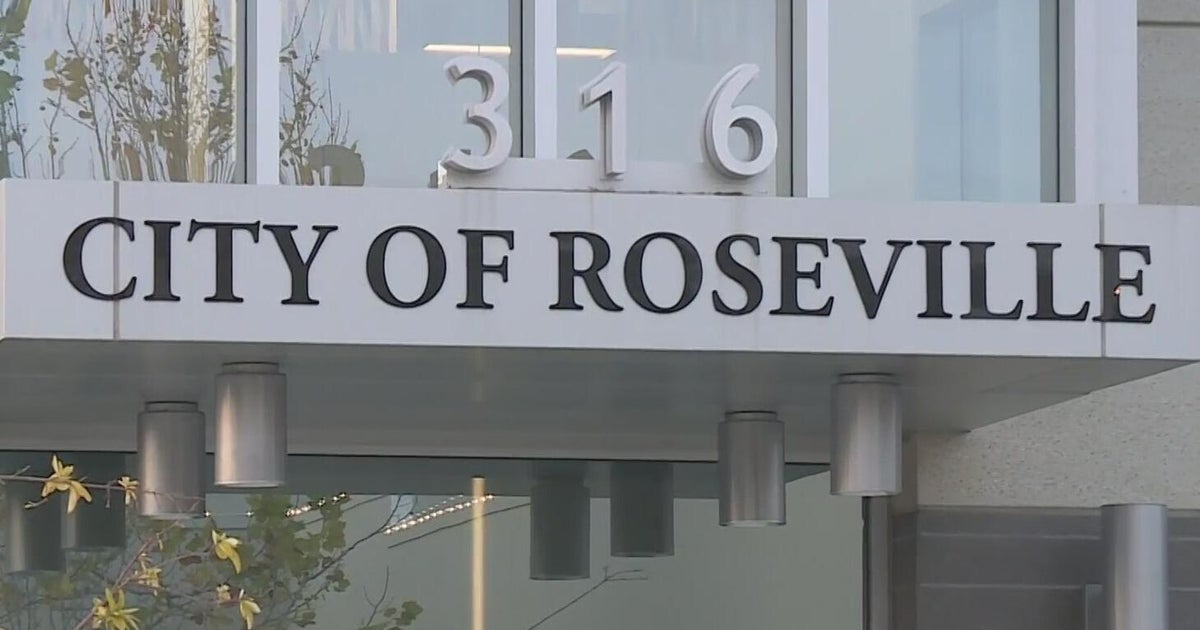Rauner Says His Agenda Will Make Illinois More Competitive
SPRINGFIELD, Ill. (CBS/AP) -- Gov. Bruce Rauner laid out a first-year agenda Wednesday he said will help Illinois better compete with its neighbors, largely by stripping power from labor unions, shrinking the size of government and making the state more attractive to companies looking to create jobs.
The Winnetka Republican acknowledged the proposals in his first State of the State address were ambitious, but said they are needed for Illinois to keep up with other states and repair a multibillion-dollar budget hole.
"We must avoid slipping further behind other states in the quality of our children's education, the capacity of our economy to grow, and our ability to care for our state's most vulnerable," Rauner told members of the General Assembly at the state Capitol. "It's now or never for Illinois. It's time to act."
Among his top priorities is a jobs and economic growth package Rauner said must reduce the cost of workers' compensation and unemployment insurance and would increase Illinois' $8.25-per-hour minimum wage to $10 over seven years. That's a smaller increase and slower phase-in than a proposal approved by a Democratic-controlled Senate committee earlier Wednesday.
Rauner also said he wants to freeze property taxes for two years, give local government employees the right to decide whether to join a union and begin looking for ways to eliminate or consolidate some of Illinois' more than 7,000 units of government.
Many of Rauner's proposals are likely to meet opposition from the Democrats who control both chambers of the Illinois Legislature, as well as some Republicans who have strong relationships with labor unions.
But Rauner also included some proposals legislators could be more willing to embrace, including spending more money on K-12 and early childhood education and investing in programs that keep non-violent offenders out of prison.
Rauner's roughly 45-minute speech provided the most detailed look to date at his priorities for his first year in office.
But major questions remain about how initiatives will be paid for, given the drop in revenue from the Jan. 1 rollback of Illinois' temporary income tax increase and a backlog of bills in the billions of dollars. Some agencies and programs already are running out of money this year, and the state faces an approximately $6 billion drop in revenue in the fiscal year that begins July 1.
"Where the rubber hits the road is we need to see what his plans are to address the state's financial challenges," said Democratic state Sen. Dan Kotowski of Park Ridge. "A very specific plan."
Rauner is scheduled to propose his budget plan on Feb. 18.
While he didn't tip his hand completely during Wednesday's address, he said his agenda includes income tax rates that are "low" and "competitive with other states. He also said he wants to "modernize" the sales tax by imposing a tax on some services.
CBS 2 Chief Correspondent Jay Levine reports for some it was a great speech and for others a disaster.
"He's using a playbook that I just done think works in Illinois never has," Jorge Ramirez, President of the Chicago Federation of Labor.
Some viewed it as an attack on the middle class. Senate President John Cullerton called it divisive.
Powerful House Speaker Michael Madigan in a rare news conference disagreed..
Madigan reminded the governor that he'd need to find the votes to pass his initiatives, but refused to call any of them non-starters.
"Given his success in business that clearly he's learned about compromise," Madigan said.
Madigan may have seemed receptive and conciliatory, but don't underestimate him: he may simply have been taking a page from the late Teddy Roosevelt's playbook to speak softly but carry a big stick. In this case the stick being his Democratic majority in the House.
(TM and © Copyright 2015 CBS Radio Inc. and its relevant subsidiaries. CBS Radio and EYE Logo TM and Copyright 2015 CBS Broadcasting Inc. Used under license. All Rights Reserved. This material may not be published, broadcast, rewritten or redistributed. The Associated Press contributed to this report.)






